Pharmacists warn PBS changes risk medicines shortage
Pharmacists have warned of extreme medicine shortages and months-long wait times under moves to double the amount of medicines Australians can purchase from July 1.
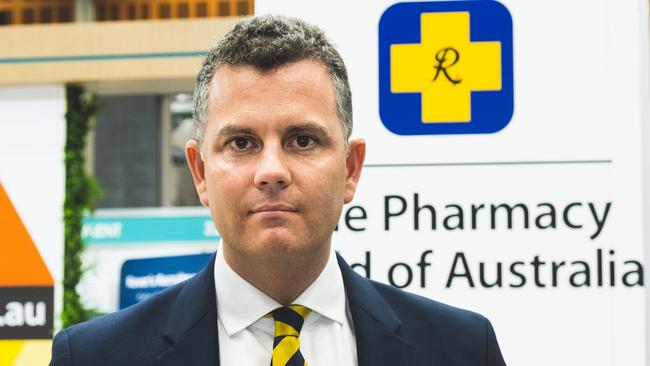
Pharmacists have warned that millions of Australians face extreme medicine shortages and months-long wait times under pre-budget moves by the Albanese government to double the amount of medicines Australians can purchase from July 1.
The Weekend Australian can reveal the Pharmacy Guild of Australia emailed members on Thursday night, informing them the government had notified it of “their intention to allow 60-day dispensing”.
The change, expected to free up more than $1bn in the May 9 budget with less scripts required, would be one of the biggest shake-ups of the Pharmaceutical Benefits Scheme, impact 304 PBS medicines and put around 75 medicines in chronic shortage.
Pharmacists said allowing 60-day dispensing could trigger significantly worse medicine shortages, cause months of delays, increase risk of overdose and medicine mismanagement, and spark hoarding in homes and aged-care facilities.
Medicines impacted by the federal government’s new dispensing list include those used for high cholesterol, depression and anxiety, high blood pressure, diabetes, osteoporosis, epilepsy and Parkinson’s disease. Under the commonwealth plan, patients would be able to secure two months’ worth of medicines regardless if they need that amount or not.
Pharmacy operators across the country on Friday directed their anger at Labor MPs and accused the federal government of not consulting with them.
The change is likely to have serious implications for the medicines supply chain, with many fearing the Australian market will be unable to cover supply.
Amid industry concerns the move could spark pharmacy closures, the Pharmacy Guild is calling on the government to support 19 million Australians by further reducing the general PBS patient co-payment to $19, down from $30 for each PBS subscription.

Canberra-based Capital Chemist owner Elise Apolloni said “unfortunately this change will impact hundreds of my patients every single day and cause medicine shortages across the country”.
“When my regular patients come and get their medication for chronic conditions I will have to say ‘I don’t have anything for you’. Vital medication will take months, not days or weeks, to get and in many cases there are no alternatives that can be offered,” she said. “I see over 500 patients every day and this change will impact the vast majority … because of their condition they can’t wait months to get medicine.”
Pharmacy Guild of Australia president Trent Twomey said if the government “puts this proposal in the budget I am very concerned for millions of Australian patients who need regular access to critical medicine”.
“Australians may not be able to access medicines equally, with one patient having double the amount and another missing out,” Mr Twomey said.
“We want to work with the government to deliver cheaper medicine for millions of patients by dropping the PBS co-payment to $19 and helping all Australians in this cost-of-living crisis.”
Medicines tipped to fall into extreme shortage include escitalopram, rosuvastatin, irbesartan, metformin, pantoprazole, pramipexole, risedronate, sertraline, ramipril and levetiracetam.
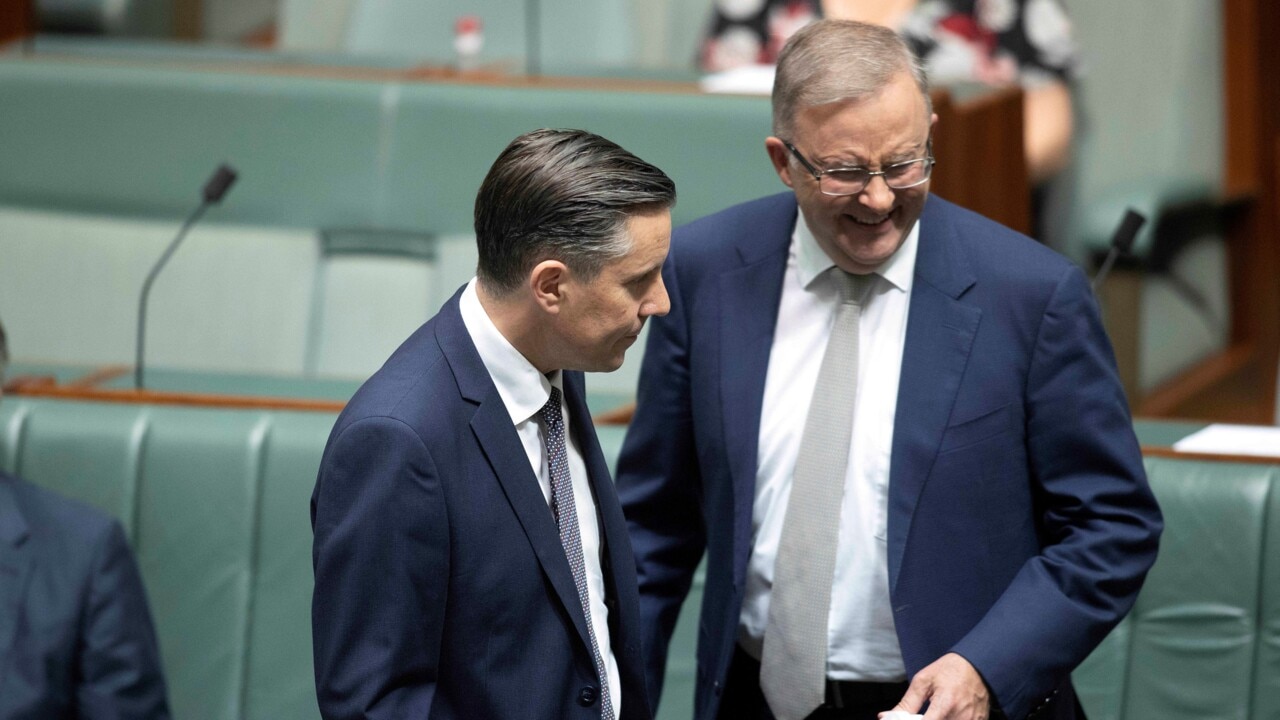
Despite the government informing the industry of its intention to allow double dispensing, Health Minister Mark Butler told The Weekend Australian “we don’t comment on budget speculation”.
“Our government has a proud record of making medicines cheaper for all Australians. For the first time in the 75-year history of the PBS, the Albanese government made medicines cheaper on January 1, reducing the maximum co-payment for general payment from $42.50 to $30,” Mr Butler said. “Already it has saved Australians over $58m on 5.1 million prescriptions. After nine years of cuts and neglect from the former government, we will continue to look at all policy ideas to make medicines more affordable for all Australians.”





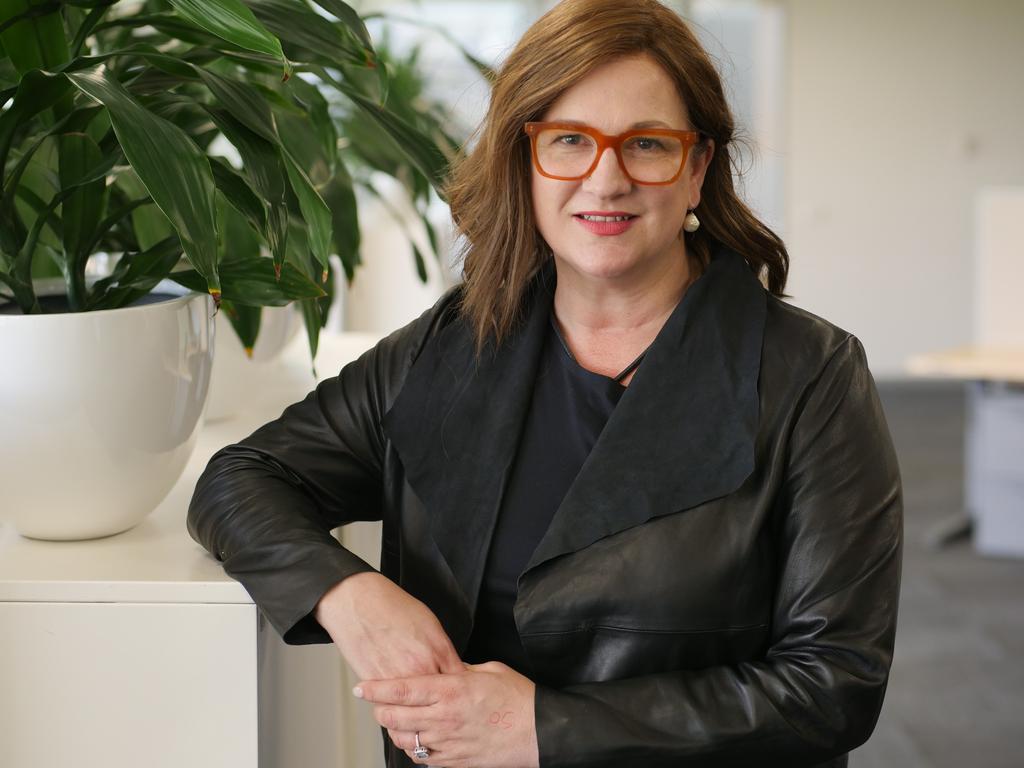
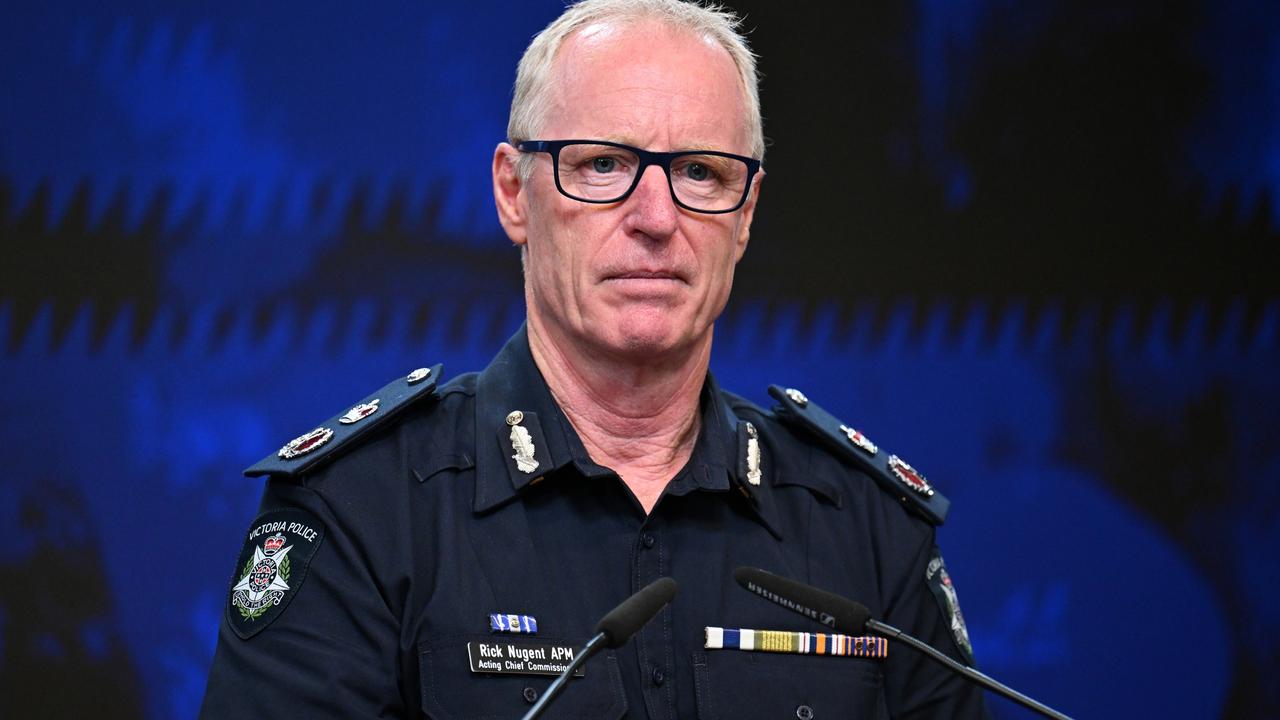
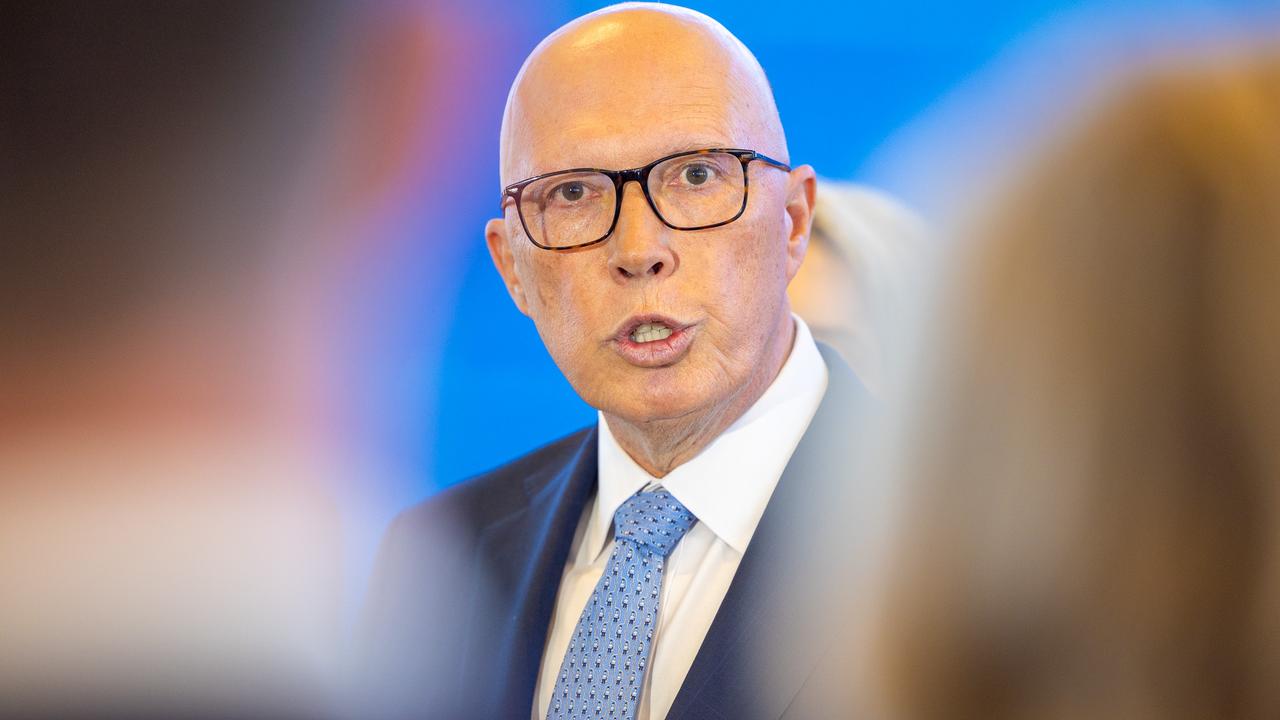
To join the conversation, please log in. Don't have an account? Register
Join the conversation, you are commenting as Logout